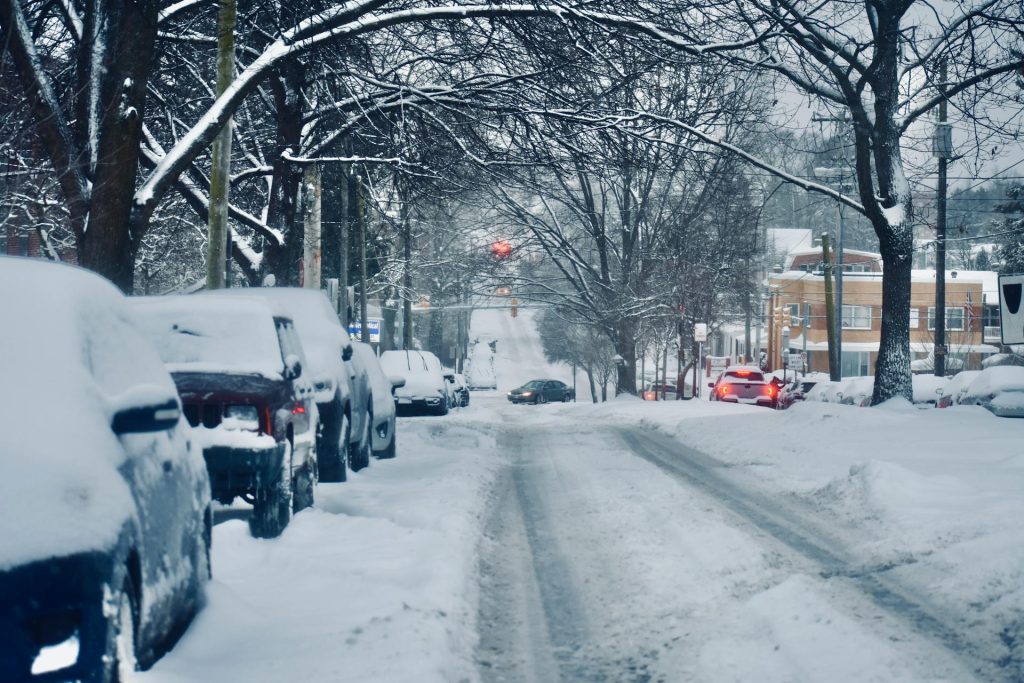After enduring the trauma of a house fire, receiving a denial for your fire damage insurance claim can feel like a second tragedy. Between 2018 and 2022, the average property damage claim payout was $15,747, but fire and lightning claims had the highest average payout at $83,991. A fire is a uniquely devastating event for most homeowners, and it’s important to understand how to react if your fire damage insurance claim is denied.
Fortunately, a denied claim isn’t the end of the road. By understanding common reasons for home insurance claim denials and how to challenge them effectively, you can significantly improve your chances of securing a fair settlement.
This guide explains why insurance claims for fire damage are denied, the steps you can take to fight back, and how professional assistance can support and strengthen your case.
Protecting Your Fire Insurance Claim from the Start
Preventing disputes begins with preparing well in advance of emergencies. Here’s how to protect your claim from potential issues:
1. Understand Your Policy
Take time to review your homeowners’ insurance policy thoroughly. Look for exclusions, limitations, and steps you must take to ensure your coverage is viable.
2. Prepare for the Unexpected
Install fire safety measures such as smoke detectors and fire extinguishers to reduce risks. Maintaining an organized property inventory with receipts for major possessions will strengthen your documentation in case of damage.
3. Keep Premium Payments Current
Late or missed payments can result in policy lapses, rendering it impossible to file a claim. Use reminders or autopay options to avoid this issue entirely.
The Most Common Reasons Insurance Companies Deny Fire Claims
1. Policy Exclusions
Insurance policies often include specific exclusions that don’t cover damage and types of damage or incidents your homeowners insurance covers. For fire damage, exclusions may consist of specific types of fires, such as wildfires in high-risk areas, arson, or water damage resulting from firefighting efforts. Reviewing and fully understanding your policy terms is essential to know whether the exclusion cited by your insurer is valid.
2. Misrepresentation
Errors on your insurance application or inconsistencies discovered during the claims process may lead to denial. Simple mistakes, such as omissions regarding home renovations, can provide insurance companies with a basis for claim rejection.
3. Coverage Limits and Insufficient Coverage
Your coverage limits define the maximum amount your insurance company will pay for damages, and insufficient coverage often becomes a reason for disputes. If your property or belongings were undervalued in your policy, insurers may only offer partial settlements.
4. Suspicion of Arson or Insurance Fraud
If an adjuster determines that a fire may have been caused intentionally, they may classify the property insurance claim as potential fraud. Insurers are highly vigilant against fraudulent claims and typically investigate suspicious cases thoroughly before issuing a denial.
5. Policy Lapses
Claims can be denied if your insurance premiums were unpaid or if the insurance policy had expired prior to the incident occurring. Staying current on your premium payments is critical to ensuring uninterrupted insurance coverage.
6. Improper Documentation
Insurance companies may deny your claim if you fail to provide sufficient documentation, such as detailed photographs, damage reports, receipts, or other essential records. Insurers rely on evidence to validate fire damage claims, and a lack of proper documentation can result in claim rejection.
What To Do After Receiving a Denial Letter
Being proactive and thorough after receiving a denial letter can significantly improve the outcome of your case. Here’s a breakdown of the steps you should take next.
1. Carefully Review Your Denial Letter and Policy Terms
The denial letter will specify the reason why your claim was denied and the relevant sections of your policy. Assess this reasoning critically, cross-referencing it with your policy. This step ensures you understand the basis of the denial and equips you to contest it if appropriate.
2. Document the Fire Incident and Property Damage
If not already done, gather comprehensive documentation of the fire incident, including high-quality photos, videos, and reports from the fire department or independent adjusters. Keep records of any communications you’ve had with your insurer about the claim.
3. Seek Clarifications from the Insurance Adjuster
Maintain open lines of communication with your insurance adjuster to address any misunderstandings or clarify their findings. This dialogue often identifies discrepancies that can help you strengthen your case.
How a Public Adjuster Can Strengthen Your Insurance Claim
Public adjusters are licensed professionals who work on behalf of policyholders to assess property damage and ensure fair claim settlements. They can be an invaluable asset if your claim is denied or underpaid.
What Is a Public Adjuster?
A public adjuster reviews your policy, thoroughly inspects the damage to your property, and documents all losses. They prepare an independent assessment and negotiate directly with your insurance company, advocating for the coverage you’re entitled to.
Benefits of Using a Public Adjuster
- Expertise: Public adjusters thoroughly understand insurance policies and can identify overlooked damages or improper valuations.
- Stronger Documentation: Their professional reports and calculations often provide the hard evidence needed to challenge an insurance company’s decision.
- Success Scenarios: Many policyholders see higher settlements after involving public adjusters.
Legal Solutions If Your Claim Is Denied or Underpaid
When all steps to appeal through internal processes fail, exploring legal options may be the most effective way to get what you’re owed. Legal representation is necessary when you’re dealing with potential bad faith conduct by your insurer or when you need to appeal a denial.
What Is Bad Faith?
Insurance bad faith occurs when an insurer acts unreasonably or unfairly in evaluating and handling claims. Examples of bad faith may include arbitrary delays, wrongful denial, or unjustifiably low settlement offers. Bad faith claims can open the door to legal recourse and potentially result in additional damages.
Appealing a Denial
Filing a formal appeal demonstrates your commitment to correcting an unjust denial. A property insurance law attorney can manage and substantiate your appeal in order to validate and expedite your claim.
An attorney can gather evidence for your appeal, craft persuasive arguments grounded in policy language and case law, and communicate directly with the insurance company on your behalf, ensuring all procedural requirements and deadlines are met. Likewise an attorney can escalate the matter through litigation or alternative dispute resolution to pursue the compensation you’re rightfully owed.
When To Seek Legal Advice
Consulting a property insurance attorney is often the best move when bad faith is suspected or when your claim involves complex policy disputes. Attorneys specializing in property claims can bring in expert witnesses, challenge unfair policies, and effectively guide you through litigation.
Most reputable law firms, such as Merlin Law Group, offer complimentary consultations and free case evaluations. Take advantage of this service to assess your options without obligation. Our legal team has the expertise to advocate for fair compensation, regardless of the complexity of your claim.
Fight Denied, Delayed, or Underpaid Claims
Challenging a denied fire damage insurance claim may feel daunting, but you don’t have to take on this fight alone. The expert property insurance attorneys at Merlin Law Group specialize in helping policyholders fight denied, delayed, or underpaid claims.
With nearly 40 years of experience, we’ve recovered over $2 billion for clients facing property losses of all kinds. Our dedicated team of professionals can provide you with personalized support, advocate for your rights, and ensure you receive a fair settlement.
If your insurer denied or undervalued your fire insurance claim, don’t settle for less than you deserve. Contact Merlin Law Group today for a free case evaluation. Call us 24/7 at (877) 449-4700 or schedule your consultation below.
FAQs about Denied Fire Damage Insurance Claims
Do Insurance Companies Pay for Fire Damage?
Yes, most standard homeowner insurance policies cover fire damage, including smoke damage and the costs of firefighting efforts. However, exclusions or insufficient documentation can result in denied claims.
How Often Do Insurance Companies Deny Claims?
While most claims are processed without issue, a significant percentage are denied due to policy exclusions or insufficient documentation. Staying informed and prepared is key to avoiding denials.
Can I Sue My Insurer for Denying a Claim?
You can sue for wrongful claim denial by proving bad faith or contractual breaches. Consult an attorney to assess whether your case justifies legal action.




